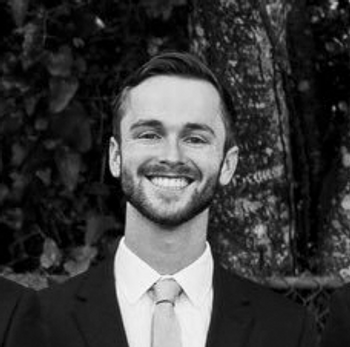VSU forbids student organizations from violating ‘public morals’
Virginia State University (VSU) prohibits student organizations from engaging in conduct which it deems offensive to its community’s “public morals,” but has refused to specify which morals it means.
The policy, listed under the “disorderly conduct” section in Virginia State’s Student Handbook, prohibits student organizations from engaging in behavior which violates “disturbs the peaceful campus environment, offends public morals, or undermines public safety,” reported The College Fix.
“Sanctions [for violating the policy] may include, but are not limited to, withdrawal of recognition, suspension of recognition for a specified period of time, probation (a warning that might lead to a more severe sanction), restriction of privileges, reprimand, and demand for restitution for losses caused,” the handbook reads.
[RELATED: Judge tosses out UT-Austin free speech lawsuit]
Virginia State’s policy is coming under scrutiny after the Supreme Court ruled in favor of expanding free speech protections in Iancu v. Brunetti, according to The Washington Post.
Erik Brunetti, a Los Angeles artist, sued the federal government after it refused to register a trademark for his clothing brand, titled “FUCT.” Government officials argued that ruling in favor of Brunetti would force the Patent and Trademark Office to register marks that were offensive.
Supreme Court Justice Elena Kagan, who authored the case’s majority opinion, disagreed.
“The most fundamental principle of free speech law is that the government can’t penalize or disfavor or discriminate against expression based on the ideas or viewpoints it conveys,” Kagan said in her announcement of the ruling. “The ban on ‘immoral’ and ‘scandalous’ trademarks does just that.”
[RELATED: U Illinois SUED over ‘unconstitutional’ policies]
Nicole Neily, president of free speech nonprofit Speech First, called Virginia State’s policy “deeply concerning” while speaking with Campus Reform.
“The vagueness of the disorderly conduct policy is deeply concerning,” Neily said. “Saying something ‘offends the public morals’ is like saying a food is delicious -- what is unacceptable to one person might be perfectly fine in the eyes of another.”
Neily noted that the vagueness of the policy hinders students’ ability to act, as they cannot tell whether or not they are breaking campus policies.
“Students are put in the position of guessing at what behavior may or may not land them in trouble -- and that kind of uncertainty is unacceptable,” she told Campus Reform.
Neily also cited Grayned v. City of Rockford, a free speech case which ruled that, under due process, vague laws can “trap the innocent.”
[RELATED: Disturbing number of students say hate speech is not free speech, report says]
“It is a basic principle of due process that an enactment is void for vagueness if its prohibitions are not clearly defined,” the ruling reads.
VSU did not respond to Campus Reform’s request for comment in time for press.
Follow the author of this article on Twitter: @JohnPHasson

